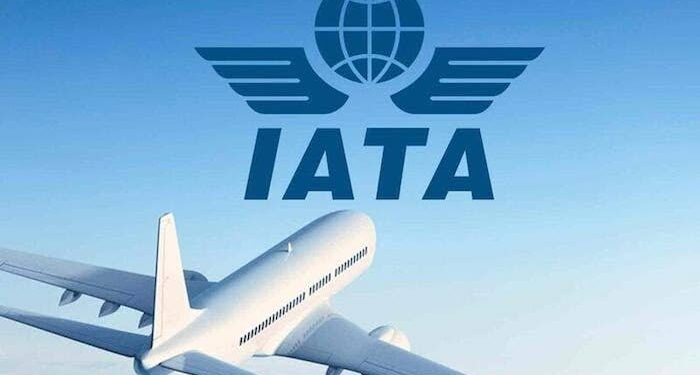For the first time, Nigeria is not on the list of countries where airline funds are stuck. The International Air Transport Association (IATA) says that as of October 2024, governments are still holding onto $1.7 billion in airline revenue that they won’t let go. This is a little better than the $1.8 billion they said in April.
Willie Walsh, IATA’s Director General, says there has been good progress in getting revenue back from Pakistan, Bangladesh, Algeria, and Ethiopia in the last six months. But things have gotten worse in the XAF and XOF areas and in Mozambique. Bolivia is also becoming a problem, with airlines facing increasing difficulties in repatriating sales revenues.

“This constant back-and-forth is not okay,” Walsh said. “Governments need to let airlines bring back the revenue they earn from selling tickets and other activities, as stated in international agreements. No country wants to lose aviation connectivity, which helps the economy. But if airlines can’t bring back their revenue, they can’t keep offering flights. If these connections break down, the economy will be hurt. It’s important for everyone, including governments, to make sure airlines can easily bring back their funds.”
Nine countries hold 83% of the blocked airline funds, totaling $1.43 billion.
These countries includes:
- Pakistan: $311 million (decreased from $411 million in April)
- Bangladesh: $196 million (decreased from $320 million in April)
- XAF Zone: $184 million (increased by $84 million)
- Algeria: $193 million (decreased from $286 million in April)
- Mozambique: $124 million (increased by $84 million)
- XOF Zone: $73 million (increased by $73 million)
- Lebanon: $70 million
- Angola: $68 million
- Eritrea: $65 million
Africa still has the most blocked funds, with $1 billion of airline money stuck in the region. This is about 59% of the total worldwide.

















